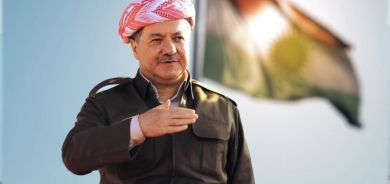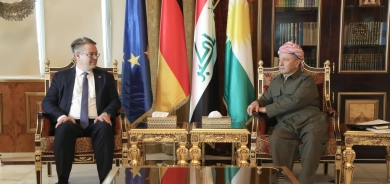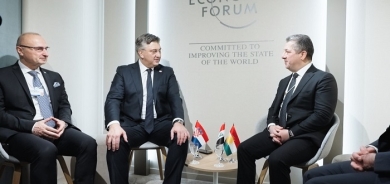ERDOGAN’S APOLOGIES FOR DERSIM

The people of Dersim were targeted because they were Kurds and thus “different” in their language, ethnicity and religious sect. Government officials prepared various reports starting from 1925 describing the people of Dersim as outlaws who had to be disciplined because they were a threat to the supposedly modern Turkish republic created by Kemal Ataturk. A special administration for Dersim and overseen by a military commander with absolute power was established.
Prior to 1937 thousands of Kurds were forced to move to other parts of Turkey as part of the 1934 Settlement Law. Every spring the military conducted operations to silence opposition in the region. With the final operation that started in 1937, according to official figures, 14,000 people were killed, and 12,000 people were forced to leave the area. The killings were indiscriminate. According to Ihsan Sabri Cağlayangil, then a police inspector in the region and later the minister of foreign affairs, the Turkish military even used poisonous gas to kill people hiding in mountain caves. Orphans were taken away.
Kemal Kılıçdaroğlu, the current leader of the CHP, is from Dersim, but has refused to apologize for the role his party played in these atrocities. What is even more embarrassing is the attempt of some CHP deputies to justify what was done. Gülsun Bilgehan, a member of Parliament from the CHP, is the granddaughter of İsmet İnönü, who was the successor to Kemal Ataturk as Turkey’s leader. As such, Inonu was among the leaders of the CHP's Dersim policy in the 1920s and 1930s. In a recent interview Bilgehan acknowledges that the methods used to resolve the Dersim question do not fit the contemporary understanding of human rights. However, she added: “At that time there was no other way to resolve the question. I think we had better look at the outcome. As a result the people of Tunceli (Dersim) today are the most well-mannered, educated and committed to democracy.” Thus, even today the Kemalists can defend and justify what they did by a reference to their “civilizing mission.”
Although Erdogan’s AKP won practically 50 percent of the popular vote or 326 seats while the pro-Kurdish BDP and its allies won a record 36 seats in the parliamentary elections held on June 12, 2011, hopes for a renewed and more successful Kurdish Initiative quickly foundered for many reasons. Shortly after the election results had been announced, for example, the newly elected BDP MPs began to boycott parliament in protest over the jailing of five of their elected colleagues, while a sixth (the well-known Hatip Dicle) was stripped of his seat for supposed “terrorism” offenses. The Turkish judiciary declined to free any of the six BDP politicians, as well as the numerous other local KCK members still imprisoned for reputed links to the PKK.
Newly elected Prime Minister Erdogan seemingly turned his back on an earlier promise to seek consensus on the drafting of a new constitution that would help solve the Kurdish problem, broke off contact with the BDP, and continued to declare that the Kurdish problem had been solved and only a PKK problem remained. How could the new AKP government begin to solve the Kurdish problem when it refused to deal with its main interlocutor?
In the following months fighting between the Turkish state and the PKK resumed. Erdogan’s promised renewal of his Kurdish Initiative appeared dead. It remains to be seen whether his recent apology for Dersim will be a first step for renewing his Kurdish Initiative. Although the current situation in Turkey does not look very hopeful, sometimes the darkest hour is just before the dawn!

 Michael Gunter
Michael Gunter











